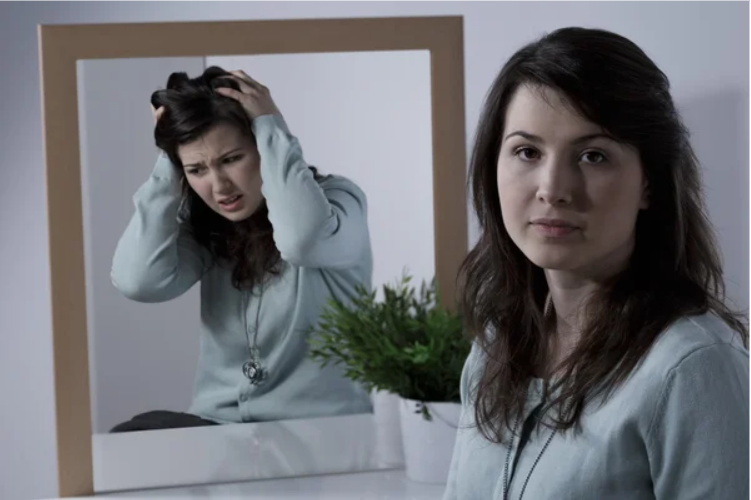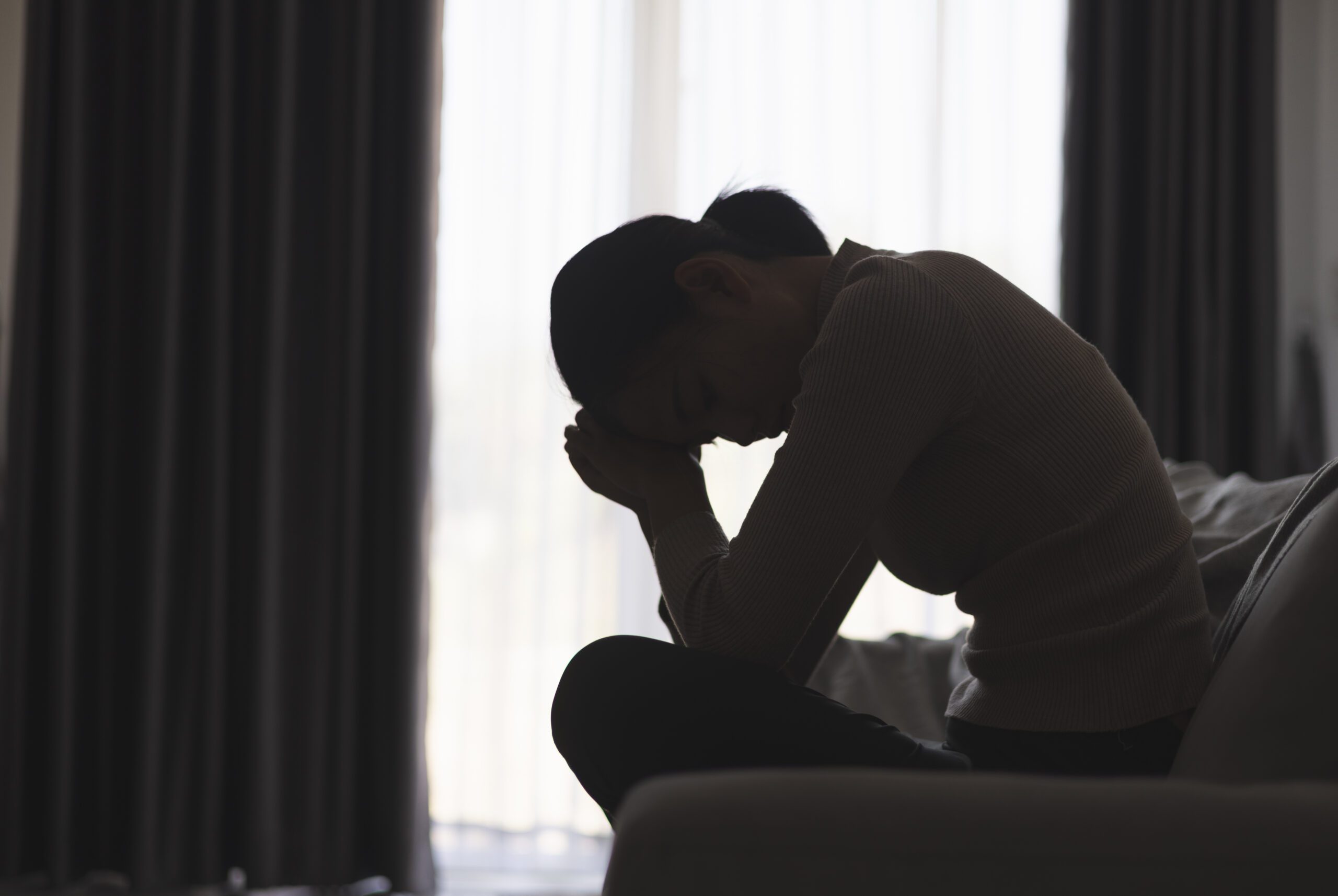Anxiety and depression can feel overwhelming, making even small tasks seem like mountains. But here’s the good news: Cognitive Behavioral Therapy (CBT) is a powerful approach that helps people reshape their thinking and find relief. CBT is more than just talking through problems—it’s about taking action and creating real change in how we think and feel.
Let’s explore how CBT can make a difference on your journey to mental wellness.
What is CBT, and How Does It Work?
CBT, or Cognitive Behavioral Therapy, connects our thoughts, emotions, and behaviors. Developed by Dr. Aaron Beck in the 1960s, CBT focuses on identifying and changing unhelpful thoughts that contribute to anxiety and depression. The best part? It’s a collaborative process. You work with your therapist to find ways to tackle negative patterns and build healthier habits.
Key Ideas Behind CBT
CBT is based on a few core ideas that help you take control of your mental health:
- Identifying Negative Thoughts: The first step is recognizing unhelpful thinking patterns.
- Challenging Irrational Beliefs: CBT encourages you to question thoughts that may be inaccurate or harmful.
- Building Healthier Habits: By practicing new ways of thinking, you replace negativity with constructive alternatives.
- Self-Empowerment: Over time, CBT helps you build skills to manage mental health on your own.
Why CBT is Effective for Anxiety and Depression
CBT has been widely researched and endorsed by leading mental health organizations, like the American Psychological Association (APA). Studies show it’s especially effective for managing anxiety and depression, offering relief and lasting improvements in mental health.
How CBT Helps Manage Anxiety and Depression
CBT targets the harmful thought patterns that fuel anxiety and depression, helping you regain control over your life.
Recognizing and Changing Negative Thought Patterns
Negative thoughts can make us feel stuck, leading to constant worry, self-doubt, and hopelessness. CBT helps us identify these patterns, which often show up as:
- Catastrophizing: Imagining the worst possible outcome.
- All-or-Nothing Thinking: Seeing things as black or white.
- Overgeneralization: Assuming one bad experience means all future experiences will be the same.
By identifying and challenging these thought patterns, CBT helps reduce the intensity of anxiety and depression symptoms. It also allows you to replace distorted thinking with realistic perspectives.
Taking Positive Actions with CBT
Along with challenging thoughts, CBT includes practical steps to help you feel more in control:
- Setting Small Goals: Simple, daily goals help break the cycle of inaction and build confidence.
- Facing Fears Gradually: By tackling fears step-by-step, you learn that they don’t have to control you.
These strategies empower you to manage anxiety and depression in real-time, offering tools you can use in everyday situations.
CBT Techniques for Anxiety and Depression
CBT includes a variety of techniques that target both thoughts and behaviors, and many can be practiced on your own or with a therapist.
Cognitive Restructuring
Cognitive restructuring helps you recognize and change irrational thoughts. For example:
- If you often think, “I’m a failure,” CBT encourages you to find evidence that challenges this thought.
- Over time, you learn to replace negative beliefs with realistic and balanced perspectives.
Exposure Therapy for Anxiety
Exposure therapy is an effective CBT technique for tackling anxiety, particularly when it involves specific fears. Exposure works by gradually confronting these fears in safe, controlled ways, making them less overwhelming. For instance:
- If social anxiety makes you nervous, starting with small, achievable actions—like ordering coffee in a busy café—can help you feel more comfortable in social situations.
Behavioral Activation for Depression
Behavioral activation is a technique that encourages you to participate in enjoyable or meaningful activities, even if motivation is low. This could mean:
- Taking a daily walk, connecting with a friend, or doing something creative. These small steps can slowly lift your mood.
Journaling and Thought Records
Journaling is a powerful CBT tool for tracking thoughts and emotions. It helps you identify patterns and work through negative beliefs. By regularly recording your thoughts, you become more aware of your mental processes and can catch negative thinking early.
How CBT Benefits People with Anxiety and Depression
CBT offers numerous benefits, making it one of the most widely used therapies for managing anxiety and depression.
- Short-Term and Long-Term Relief: CBT can lead to noticeable improvements within a few months and provides lasting tools for managing symptoms.
- Self-Management Skills: CBT empowers you to recognize and challenge your thoughts, allowing you to handle situations more confidently.
- Accessibility and Flexibility: CBT is available in various formats, including online sessions and self-guided workbooks, so it can easily fit into your schedule.
Is CBT Right for You?
CBT can be a helpful tool, but it’s not one-size-fits-all. Here’s a look at who may benefit most from this approach.
Who Benefits Most from CBT?
CBT tends to work well for:
- People dealing with mild to moderate anxiety or depression.
- Individuals comfortable with exercises like journaling.
- Those looking to gain practical skills for self-management.
Working with a CBT Therapist vs. Self-Help
While a certified therapist can offer guidance, many CBT techniques are accessible through online resources, apps, and workbooks. Therapy is particularly helpful for severe symptoms, while self-help tools offer flexibility for those interested in exploring at their own pace.
Limitations of CBT
It’s essential to note that CBT may not be ideal for everyone. Limitations include:
- CBT can be challenging for individuals who struggle with structured activities.
- In some cases, it may need to be combined with other therapies or medication for the best results.
Final Thoughts
Cognitive Behavioral Therapy (CBT) offers a proven approach to managing anxiety and depression. It helps you identify and challenge unhelpful thought patterns, replacing them with healthier perspectives. With time and commitment, CBT can lead to meaningful changes in your life. If you’re considering CBT, remember that this approach has brought hope and recovery to countless individuals—and it could do the same for you.
Take the first step toward recovery. Contact Aspire Recovery Center of Frisco at 469-249-9363 or email info@aspirefrisco.com to learn more and start your journey today!


















